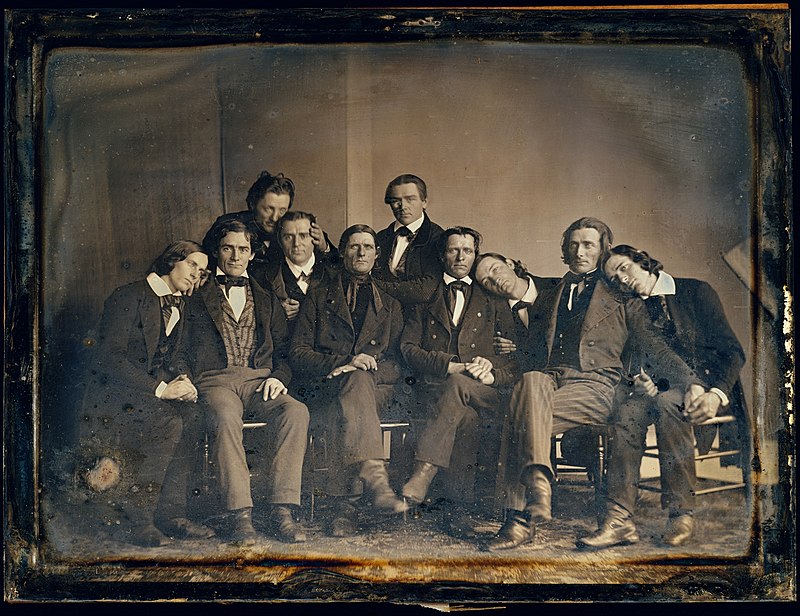
In spite of the fact that I’ve never given any of his novels a rave review, Rick Dewhurst keeps alerting me to his new books. This argues a level of spiritual humility which I can only admire. I like his writing style, but I don’t think he’s ever found his real vehicle.
He has a new book out now, in a different genre entirely. It’s a spiritual memoir called Confessions of a Charismatic Christian.
It wasn’t, frankly, what I expected. I was anticipating something along the lines of C. S. Lewis’s Surprised By Joy. The plan here is somewhat different. These Confessions are a series of spiritual lessons, each headed by an experience (not related chronologically) from the author’s own life. Sometimes a miraculous one.
I don’t mean to disparage the book’s plan, but I would have enjoyed reading more about the life that produced such an intriguing writer. But it’s a capital mistake to judge a book by what you think it should be, rather than what the author chose to create.
I had some difficulty with the early chapters, which are the heaviest on the charismatic lessons. Rick is the pastor of a charismatic congregation in British Columbia. Although I myself spent time on the periphery of the charismatic movement back in the ‘70s, I have since joined a church that takes a skeptical attitude toward signs and wonders (though not denying their possibility). So I wasn’t entirely in sympathy with a lot of that part. But as I read on, I found more and more material that was profound and edifying for everyone.
I thought the writing a little discursive – the text could have been tightened up some. And the tone is sometimes unnecessarily apologetic. But Confessions of a Charismatic Christian was an edifying book from a seasoned pastor. Worth reading.



